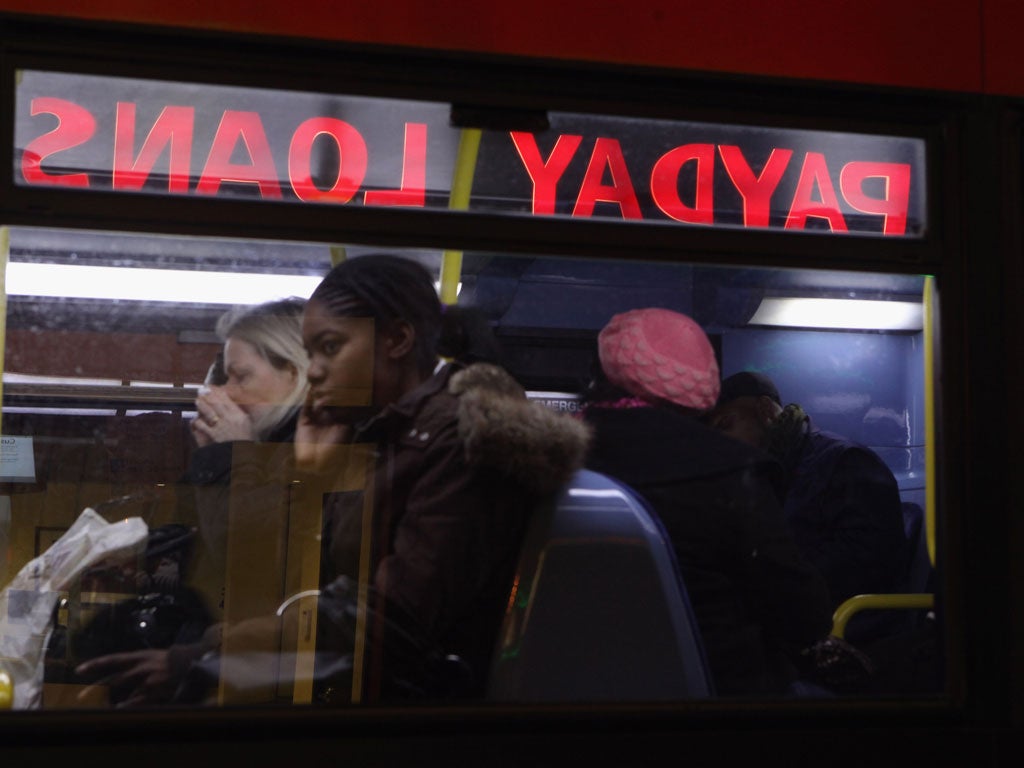Most are still cutting back on spending – and those at the bottom are struggling ever more
One in three of us couldn't cope with a financial emergency without borrowing

Your support helps us to tell the story
From reproductive rights to climate change to Big Tech, The Independent is on the ground when the story is developing. Whether it's investigating the financials of Elon Musk's pro-Trump PAC or producing our latest documentary, 'The A Word', which shines a light on the American women fighting for reproductive rights, we know how important it is to parse out the facts from the messaging.
At such a critical moment in US history, we need reporters on the ground. Your donation allows us to keep sending journalists to speak to both sides of the story.
The Independent is trusted by Americans across the entire political spectrum. And unlike many other quality news outlets, we choose not to lock Americans out of our reporting and analysis with paywalls. We believe quality journalism should be available to everyone, paid for by those who can afford it.
Your support makes all the difference.Would you be able to rustle up £200 in a hurry? One in three of us couldn’t find the cash in an emergency.
A fifth admit they would have to borrow the money or sell a personal possession to fund such a one-off expense, with a further one in 10 saying they simply could not pay, according to data published today by the University of Birmingham.
Its latest Financial Inclusion report reveals that the majority of the population is still cutting back on spending – and those at the bottom are struggling ever more.
“The welfare cuts from 2010 onwards are starting to bite, which we can see in various indicators – not least the increase in possession orders granted to landlords, from 95,000 in 2010 to more than 120,000 in 2014,” said Karen Rowlingson, professor of social policy at the University. “An increasing number of people are at risk of losing the roof over their heads.”
Among the alarming findings in the year’s report, which is based on the most up-to-date available data, are:
* Thirty-five per cent of people are still finding it difficult to cope financially or are only just getting by – a slight decrease year-on-year.
* There has been a dramatic increase in the number of people using food banks, from just over 61,000 in 2010/11 to more than 1 million in 2014/15.
* The majority of the population (53 per cent) is still reducing its spending, with one in 20 cutting back on basic food items.
* Means-tested benefits for an out-of-work single person in 2015 only provide 40% of the income they would need for an acceptable standard of living (57% for a single parent with one child or a couple with two children).
* There were 1.85 million people out of work in the UK at the end of 2014 – close to pre-recession levels.
* Sixty per cent of households have some form of unsecured credit.
* Evictions from rented properties have increased, particularly in the social rented sector.
However, in a rare bit of positive news, the number of people able to save money has gone up slightly.
Join our commenting forum
Join thought-provoking conversations, follow other Independent readers and see their replies
Comments